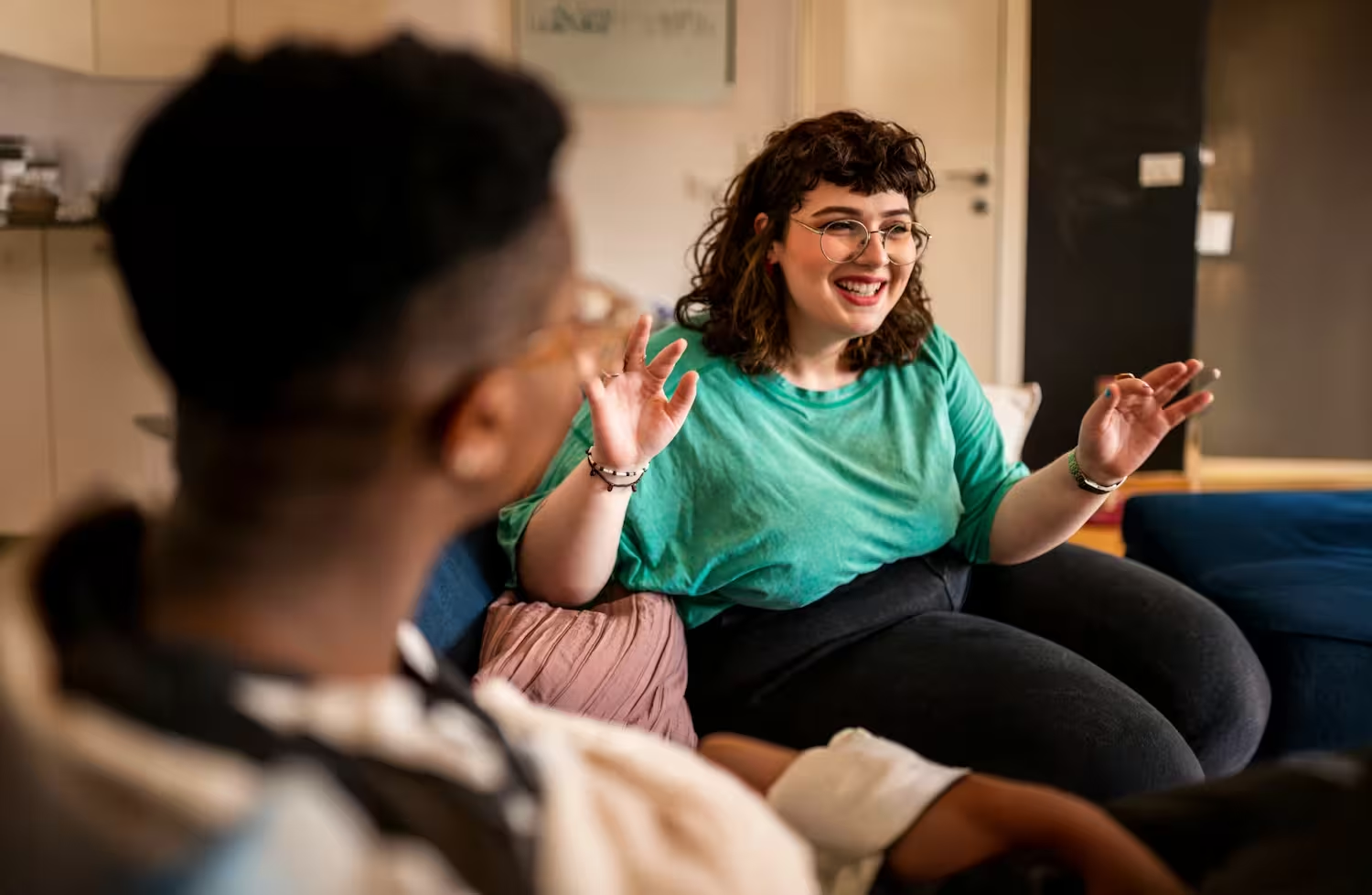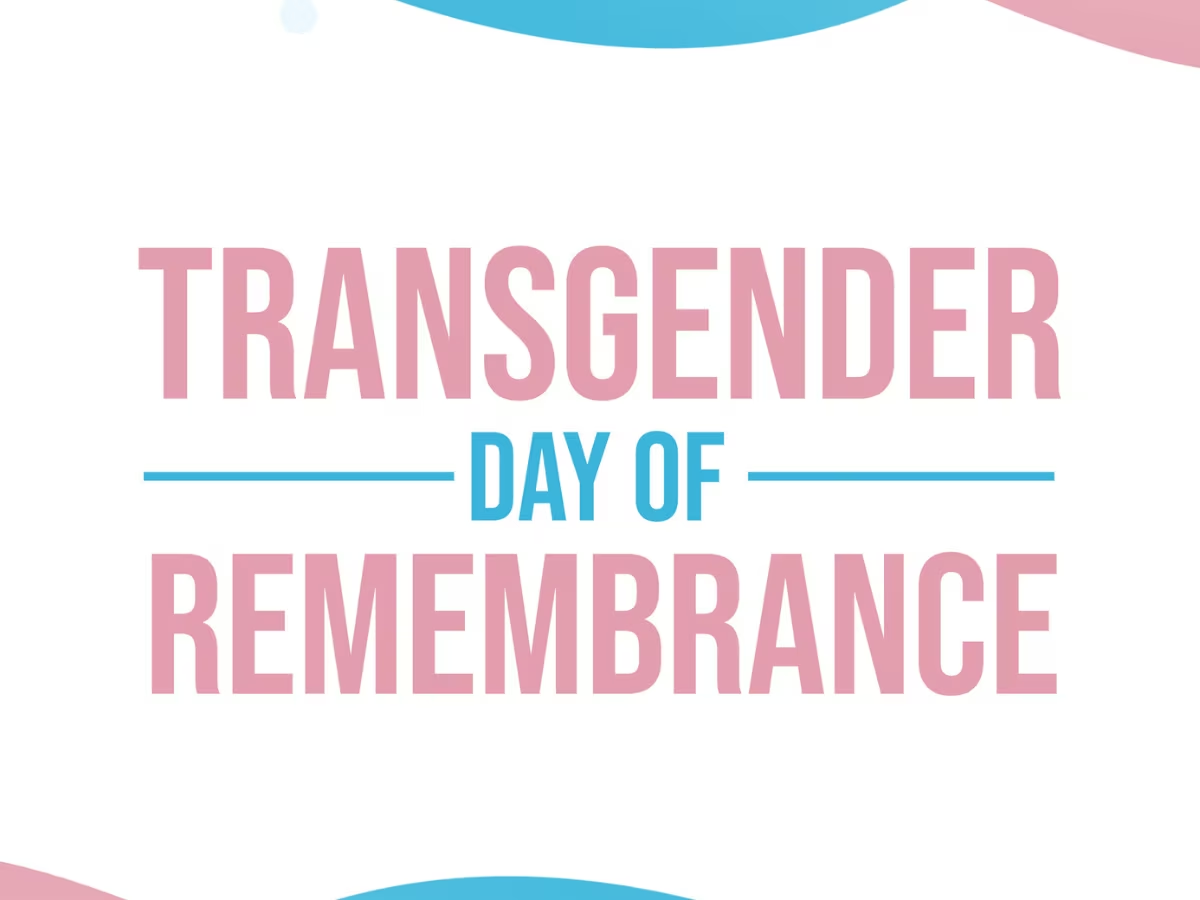
Eating disorders don't discriminate; treatment shouldn’t either
Eating disorders can affect anyone. You deserve treatment that recognizes your gender-specific challenges in stigma, clinical needs, and access to affirming care.

Comprehensive care
Over a lifetime, eating disorders develop in approximately 8.60% of females, 4.07% of males, 10.5% of transgender men, and 8.1% of transgender women. Eating disorders impact everyone differently, and ensuring your treatment is personalized on all fronts can help you achieve long-term recovery.
We treat individuals of all genders by providing gender-inclusive treatment environments. Your care will help you challenge gender biases and stereotypes that exacerbate your disorder while addressing your specific treatment needs. We respect your pronouns and preferred name, have all-gender bathrooms at many programs, and have caring staff who are trained regularly on how to provide culturally sensitive and informed treatment.
Additionally, we have many female-identifying only programs so you can feel most comfortable during your treatment journey.
Eating disorder treatment options
.webp)







Inpatient care
This lifesaving level of care rehabilitates and provides continual clinical care with 24-hour medical and psychological support.
Residential living
Come stay with us in our beautiful home-like settings across the US for ongoing support in a comforting environment. We are mindful of rooming options to ensure your comfort.
Day support
Our day treatment programs assist in recovery as you transition back to your life outside of Monte Nido.
Virtual services
We offer convenient virtual care options so you get direct support wherever you feel most comfortable.
In addition to our core virtual care programming open to anyone, our Rainbow Road specialty program is open specifically for individuals 18+ who identify as being part of the LGBTQIA+ community.


Do you take my insurance?
We are in-network with many major insurance care companies. We have also been able to coordinate single-case agreements if we are not in-network with your insurance provider.
FAQs about eating disorders and gender
Eating disorders can affect people of all genders. Women and girls are more likely to receive an eating disorder diagnosis; however, this may be due to underreporting, stigma, or bias in diagnosing among other genders. Societal pressures on all genders can lead to harmful eating behaviors, body image issues, and a heightened risk of developing eating disorders.
Transgender and gender non-conforming individuals may be at a higher risk of developing eating disorders due to factors such as body dissatisfaction, gender dysphoria, and experiences of discrimination or harassment.
Symptoms of eating disorders can be similar across genders. However, some differences may include a higher prevalence of binge eating and muscle dysmorphia among men, while women may be more likely to engage in restrictive eating and purging behaviors.
Some common traits, regardless of gender, that can contribute to an eating disorder include perfectionism, cognitive inflexibility, and a negative body image. That said, societal pressures and beauty standards vary across genders and can contribute to the manifestation of eating disorders in distinct ways. Understanding these connections is crucial in developing tailored treatment approaches for individuals of all genders.
Gender-informed training is part of onboarding for every staff. Monte Nido also offers ongoing in-services and trainings to staff.
We've renamed the Rainbow Road program to "Monte Nido Virtual LGBTQIA+ Treatment Program" to make it easier for everyone to find and understand the support we offer, especially for the LGBTQIA+ community. Although the name has changed, the great care and support you expect from us hasn’t. This new name just helps people find the right help faster.
.avif)



